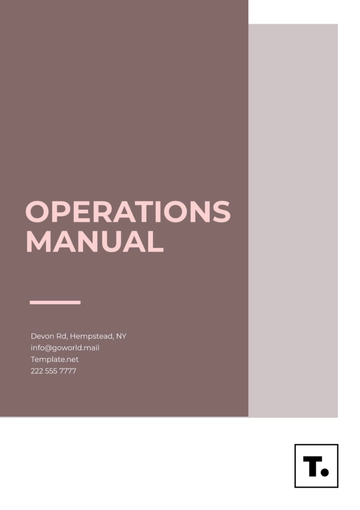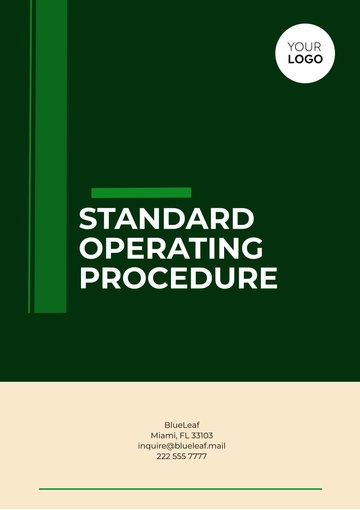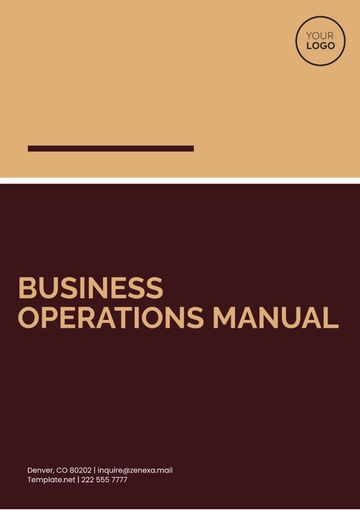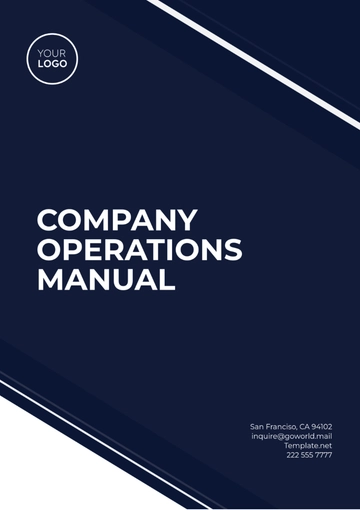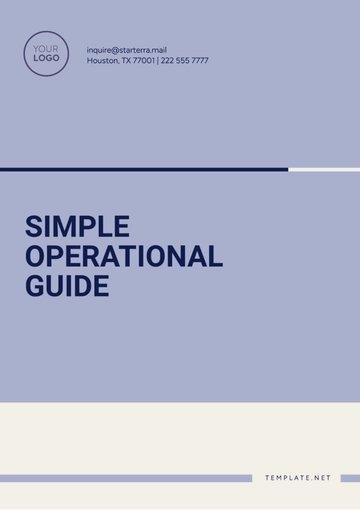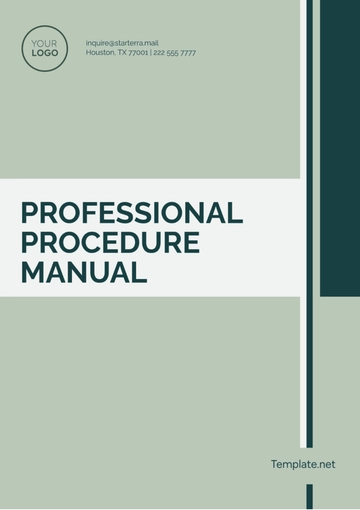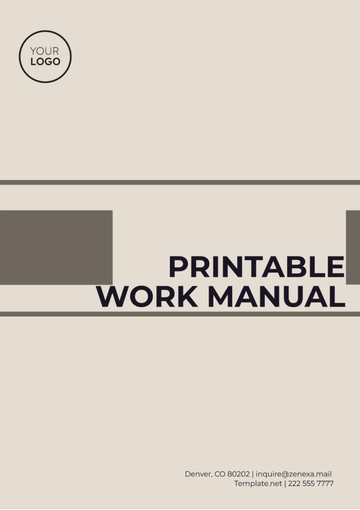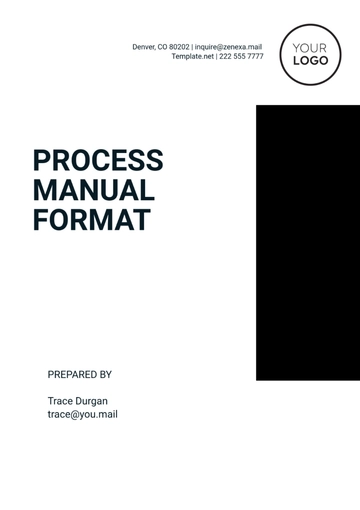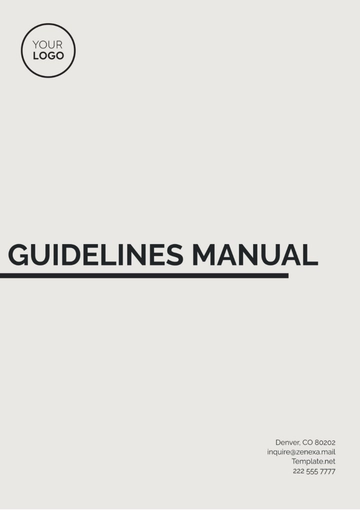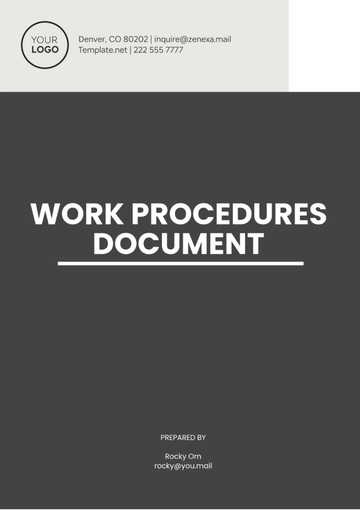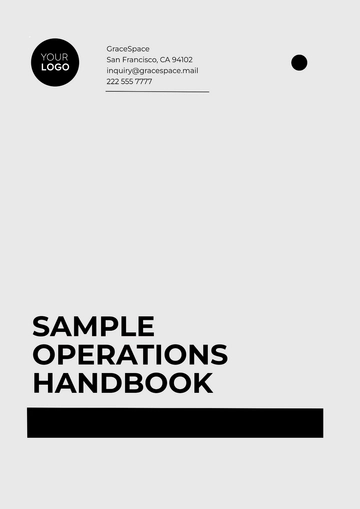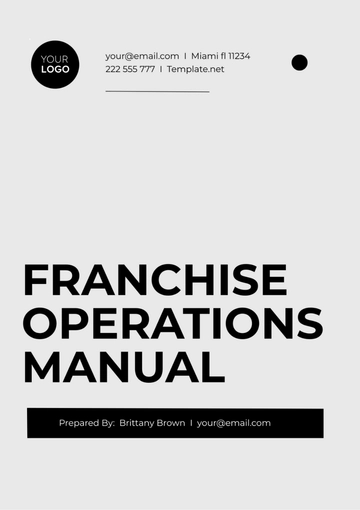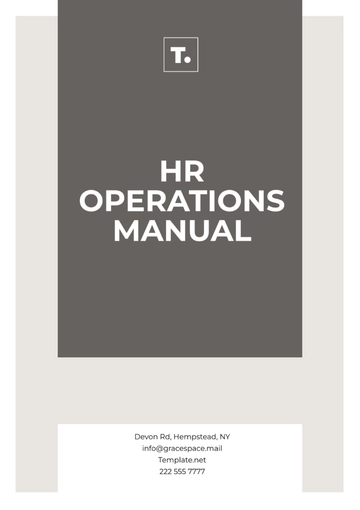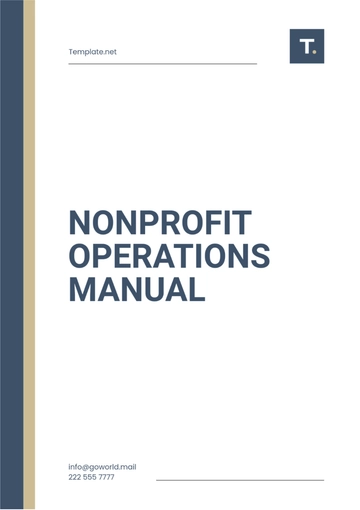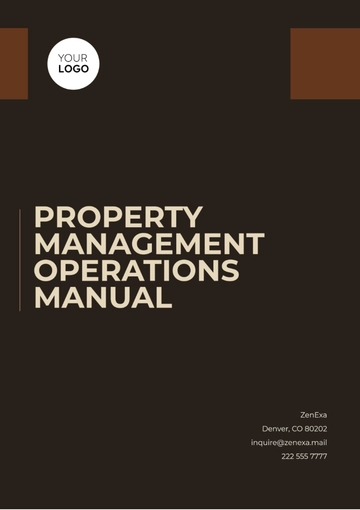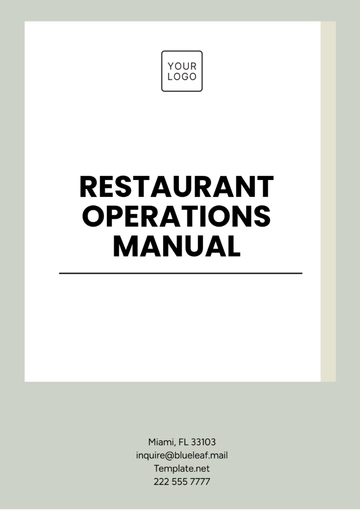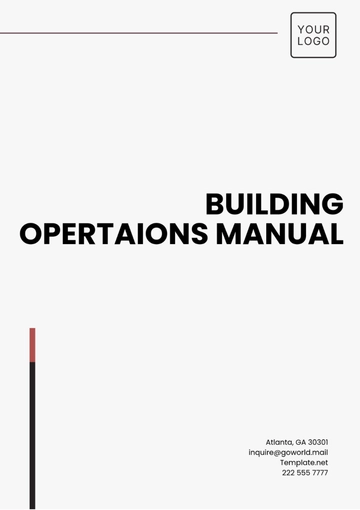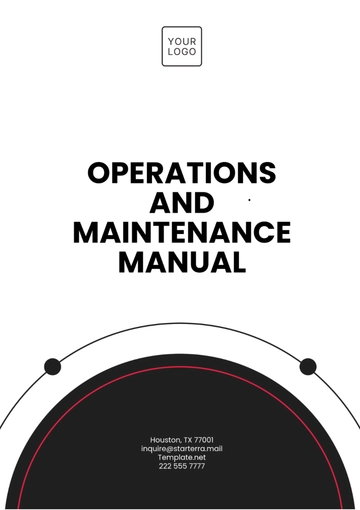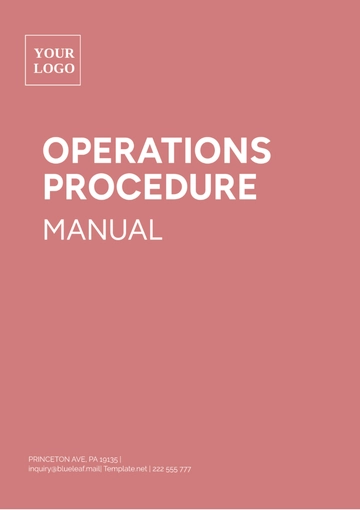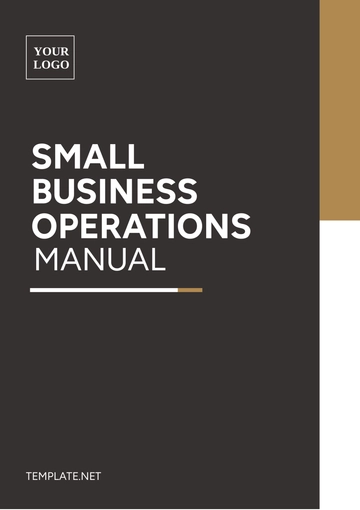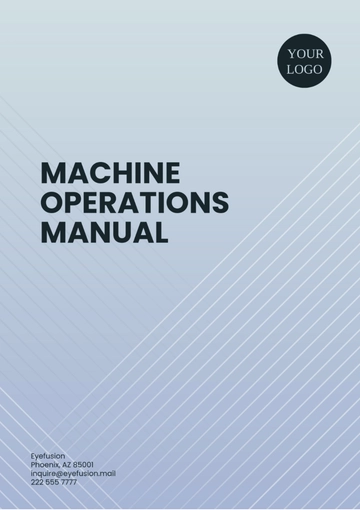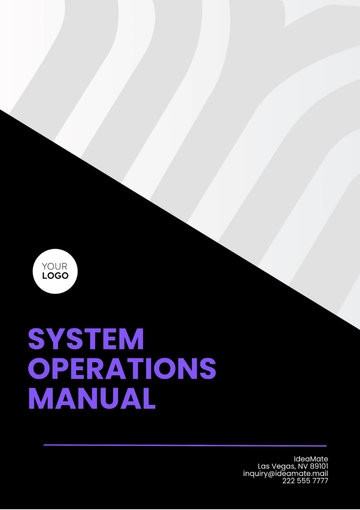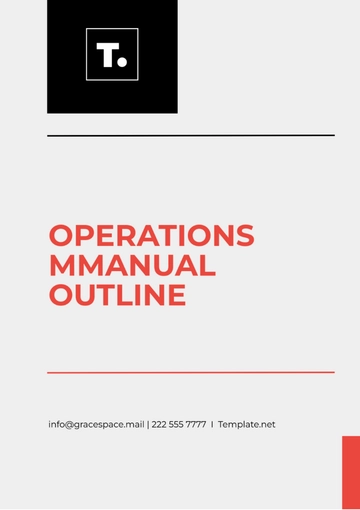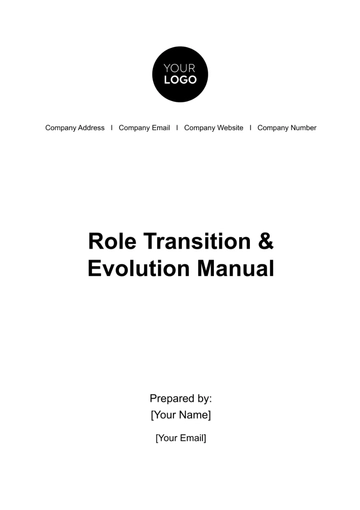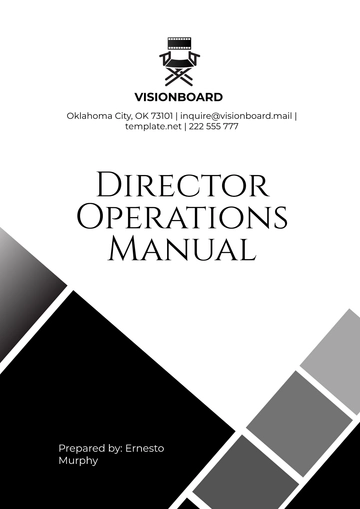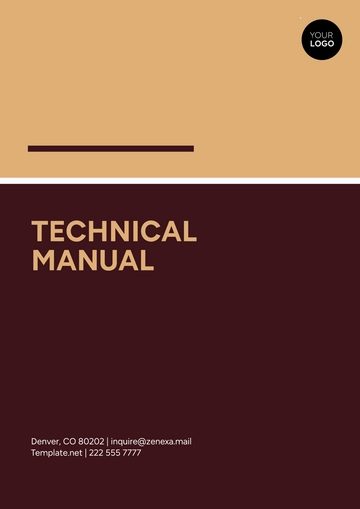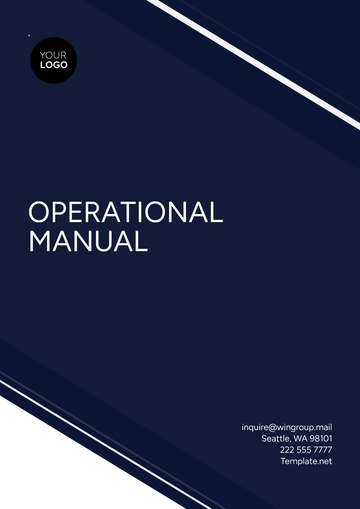Free Payroll Compliance and Best Practices Manual HR
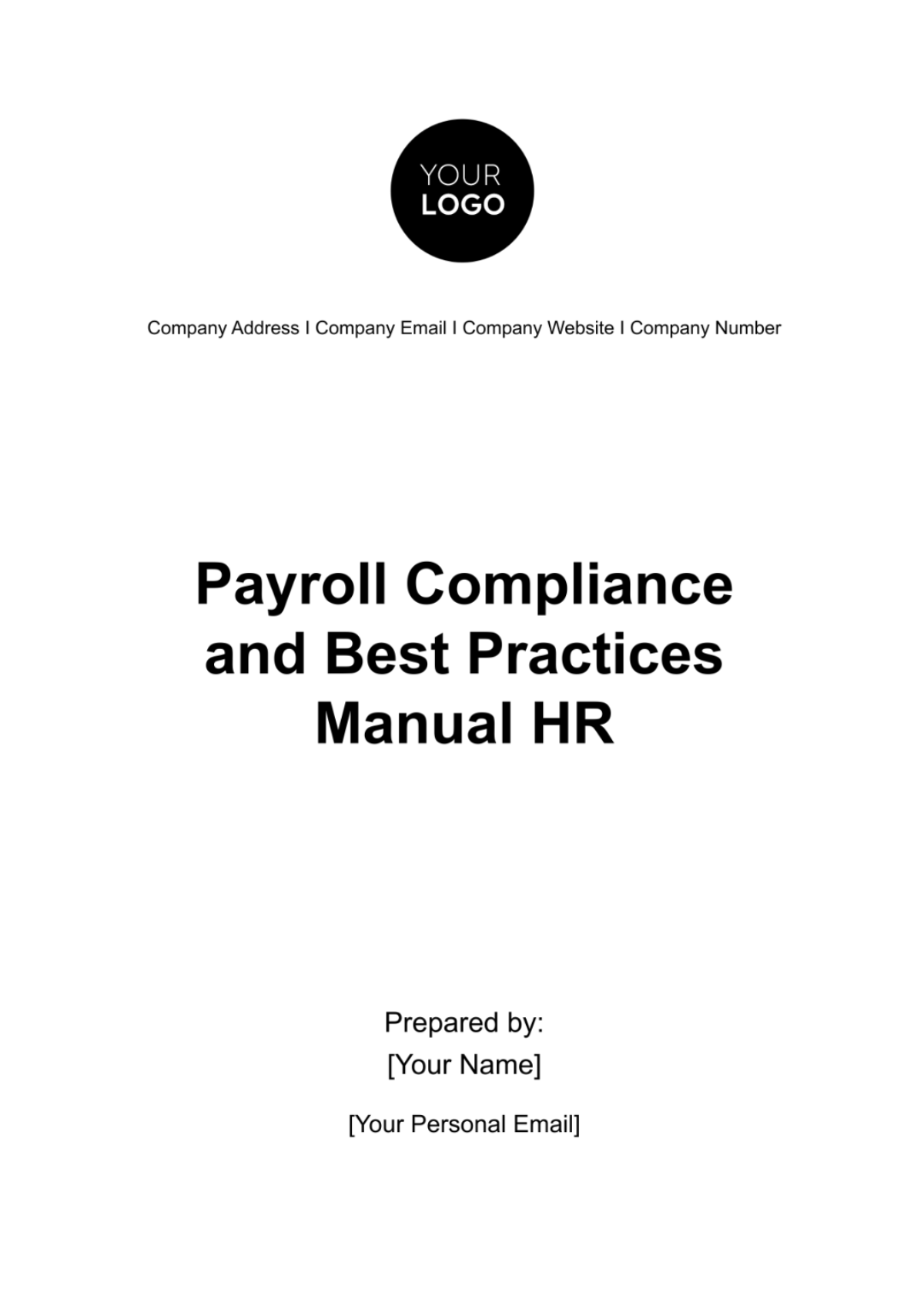
I. Introduction And Purpose
Welcome to the [Your Company Name] Payroll Compliance and Best Practices Manual, a cornerstone of our commitment to excellence in payroll management and legal compliance. This manual serves as a guiding beacon, illuminating the path to precision, fairness, and confidentiality in every facet of payroll administration.
Our Commitment To Excellence
At [Your Company Name], we believe that an organization's heart beats in its payroll department. The trust we place in our employees' financial well-being demands nothing less than the highest standards of accuracy, ethics, and professionalism. This manual is more than just a document; it's our guiding star, illuminating the path toward compliance with federal, state, and local laws while safeguarding the financial well-being of our employees. It underscores our commitment to transparency, accountability, and continuous improvement.
II. Legal And Regulatory Framework
[Your Company Name] is steadfast in its commitment to uphold the highest standards of legal compliance within the ever-evolving landscape of payroll management. Our unwavering dedication to this principle is encapsulated in a comprehensive understanding of the multifaceted legal and regulatory framework that governs payroll practices at the federal, state, and local levels.
Federal Regulations
Fair Labor Standards Act (FLSA)
This cornerstone federal statute mandates minimum wage, overtime pay, and child labor standards. [Your Company Name] rigorously adheres to FLSA regulations, ensuring that employees are fairly compensated and treated in accordance with the law.
Internal Revenue Code (IRC)
The IRC contains crucial provisions governing income tax withholding and reporting. Our payroll team meticulously follows IRC guidelines to calculate, withhold, and report income taxes accurately.
State And Local Laws
State Wage And Hour Laws
Each state may have specific wage and hour laws that affect minimum wage rates, overtime rules, and meal and rest break requirements. We are dedicated to complying with these regulations while ensuring employees receive the appropriate compensation and benefits.
Paid Leave Laws
Many states and localities have enacted paid leave laws, including sick leave and family leave. We stay informed about and abide by these laws, offering employees the benefits they are entitled to under these regulations.
Local Tax Requirements
Local jurisdictions may impose their own tax requirements, such as additional payroll taxes. We meticulously adhere to these obligations, ensuring accurate tax reporting and compliance with local tax laws.
III. Payroll Policies and Procedures
At [Your Company Name], our commitment to transparent, accurate, and compliant payroll management is at the core of our operations. This section outlines our comprehensive policies and procedures to ensure that our employees are compensated fairly and on time while adhering to all applicable laws and regulations.
Data Collection
Accurate And Secure Data Handling:
We consider the collection of employee data as a critical component of our payroll process. To maintain data accuracy and security, we have implemented strict protocols for data collection. Human Resources (HR) and payroll personnel are required to adhere to the following procedures:
Employee data will be collected through secure channels only, ensuring the confidentiality of personal information.
Data collection forms and systems will be regularly updated to capture the most current information.
HR will verify the accuracy of collected data and promptly resolve any discrepancies.
Wage Calculation
Fair And Transparent Compensation:
Wage calculation is a fundamental aspect of our payroll process. We ensure that employees are compensated fairly and transparently in line with their employment status and hours worked:
Employees are classified as either exempt or non-exempt according to the Fair Labor Standards Act (FLSA). This classification determines eligibility for overtime pay.
Our payroll system is designed to accurately calculate wages, including any applicable overtime rates, bonuses, and commissions.
All wage calculations are regularly audited to maintain accuracy.
Deductions And Benefits
Optimizing Employee Benefits
At [Your Company Name], we believe in providing our employees with a comprehensive benefits package. Our payroll team administers deductions and benefits according to the employee's choices and preferences:
Benefit deductions, including health insurance premiums and retirement plan contributions, are processed accurately based on employee elections.
Regular audits are conducted to verify the accuracy of deductions and benefit administration.
Our payroll team is available to assist employees with any questions related to benefits and deductions.
IV. Data Security And Confidentiality
Safeguarding the security and confidentiality of employee data is of paramount importance. We recognize that sensitive personal and financial information is entrusted to us, and we are committed to maintaining the highest standards of data security and confidentiality.
Secure Data Handling
Encrypting electronic data transmissions to protect against unauthorized access.
Using secure, password-protected systems and databases for data storage.
Implementing multi-factor authentication (MFA) for access to sensitive systems.
Conducting regular security audits to identify and rectify potential vulnerabilities.
Ensuring that only authorized personnel have access to sensitive data and maintaining a strict "need-to-know" basis for data access.
Data Retention Policy
We adhere to a carefully defined data retention policy, which ensures that employee data is retained for the necessary period as required by law and organizational needs. Once data reaches the end of its retention period, it is securely and permanently disposed of to prevent unauthorized access.
Incident Response Plan
Prompt notification of affected individuals and appropriate regulatory authorities.
Investigation and containment of the breach to prevent further data exposure.
Collaboration with law enforcement, as needed.
Implementation of corrective actions to prevent similar incidents in the future.
V. Employee Classification
Proper employee classification is paramount to our payroll compliance and best practices. Accurate classification ensures that employees are treated fairly and consistently in accordance with relevant labor laws. It also plays a crucial role in determining eligibility for certain benefits and overtime pay.
Exempt Employees
Exempt employees are those whose positions are exempt from overtime pay requirements under the Fair Labor Standards Act (FLSA). These individuals are typically salaried and are expected to perform specific job duties, often at a professional, administrative, or executive level. Exempt employees are not entitled to overtime pay, and their salaries remain constant regardless of the number of hours worked in a pay period. Proper classification of exempt employees is essential to maintain compliance with FLSA regulations.
Non-Exempt Employees
Non-exempt employees are entitled to overtime pay for hours worked beyond the standard 40-hour workweek, as mandated by FLSA regulations. They are typically paid hourly and may perform a wide range of tasks. Accurate tracking of non-exempt employees' working hours is vital to ensure they receive the appropriate compensation for overtime work.
Independent Contractors
Independent contractors are individuals or entities hired by [Your Company Name] for specific tasks or projects. They are not considered employees and, as such, are responsible for their own tax withholdings and benefits. The classification of workers as independent contractors must adhere to Internal Revenue Service (IRS) guidelines to avoid misclassification issues.
VI. Payroll Taxes
Payroll taxes play a critical role in our financial ecosystem, and at [Your Company Name], we prioritize their accurate calculation, timely submission, and diligent compliance. Understanding and managing payroll taxes is essential to our commitment to financial responsibility and legal adherence.
Tax Withholding
Federal Income Tax
We calculate federal income tax withholdings based on the information provided by employees on their W-4 forms. It's imperative to promptly adjust these withholdings when employees submit updated forms.
State And Local Income Tax
Compliance with state and local income tax regulations is equally crucial. We diligently adhere to state and local tax withholding guidelines, taking into account any specific rules or tax credits applicable in different locations.
FICA Taxes
The Federal Insurance Contributions Act (FICA) mandates payroll deductions for Social Security and Medicare taxes. Our commitment to compliance includes:
Social Security Tax
We calculate and withhold Social Security tax according to the current rate set by the Social Security Administration. We also ensure that any applicable wage base limitations are respected.
Medicare Tax
The correct calculation and withholding of Medicare tax is essential. This includes accounting for additional Medicare taxes for high-earning employees as per the IRS guidelines.
Additional Payroll-Related Taxes
Unemployment Insurance
We comply with state unemployment insurance requirements, including accurate calculation and timely payment of unemployment taxes. Proper documentation is maintained to facilitate compliance audits.
Disability Insurance
In locations where disability insurance is mandated, we adhere to the relevant laws and guidelines for calculating and withholding these taxes.
Local Taxes And Levies
We stay attuned to any local payroll-related taxes, levies, or assessments that may apply based on our geographic locations and ensure their accuracy calculation and payment.
VII. Benefits And Deductions
We are committed to providing our employees with a comprehensive package of benefits that enhance their well-being and job satisfaction. We also understand the importance of accurate and transparent deductions to ensure that our employees' financial matters are handled with care and precision.
Benefits Administration
Employee Benefits
Health Insurance
Eligible employees can enroll in our health insurance plan, which covers medical, dental, and vision expenses. We provide detailed information about plan options during the annual open enrollment period.
Retirement Plans
[Your Company Name] offers retirement savings plans, such as a 401(k), with employer matching contributions. We encourage employees to take advantage of these plans to secure their financial future.
Paid Time Off (PTO)
Employees accrue PTO, which can be used for vacation, personal days, and sick leave. Our generous PTO policy reflects our commitment to work-life balance.
Flexible Spending Accounts (FSAs)
Employees can contribute to FSAs to cover eligible healthcare and dependent care expenses with pre-tax dollars, reducing their overall tax liability.
Benefits Communication
We maintain open and clear communication channels to ensure that employees understand their benefit options. This includes conducting regular benefit orientation sessions, providing written materials, and offering one-on-one consultations for personalized guidance.
Benefit Changes
Employees have the opportunity to adjust their benefit selections during the annual open enrollment period or following qualifying life events, such as marriage or the birth of a child. Changes to benefit elections should be made within the specified timeframes.
Deductions Management
Voluntary Deductions
These include contributions to retirement plans, healthcare premiums, and charitable donations. Employees can choose to participate in these deductions based on their preferences.
Involuntary Deductions
Deductions required by law or court order, such as child support or wage garnishments, are deducted in compliance with applicable regulations.
Deductions Transparency
Employees can access detailed information about their deductions through their pay stubs, which provide a breakdown of earnings, deductions, and net pay. Our payroll department is available to address any questions or concerns regarding deductions.
Changes To Deductions
Employees can make changes to their voluntary deductions during designated enrollment periods or due to qualifying life events. It is essential to communicate any changes promptly to our payroll department.
VIII. Forms
This section provides an overview of the various documents and forms that play a crucial role in our payroll processes.
Employee Onboarding Forms
W-4 Form
This form is used to determine the federal income tax withholding for each employee. New employees must complete this form to specify their tax filing status and any additional withholding amounts.
I-9 Form
The I-9 form is essential to verify the identity and employment eligibility of new hires. Employees must provide valid documentation to complete this form within their first three days of employment.
Direct Deposit Authorization Form
Employees who opt for direct deposit of their paychecks should complete this form to provide banking information for electronic funds transfer.
Tax Forms
Form W-2
This form is issued to employees at the end of the calendar year and reports their annual earnings and tax withholdings. Employees use this form to file their federal income tax returns.
Form 1099
If applicable, Form 1099 is provided to independent contractors and other non-employees to report income earned from [Your Company Name].
State And Local Tax Forms
Depending on the jurisdiction, employees may be required to file state and local tax returns. We will provide the necessary forms and guidance for compliance.
IX. Conclusion
The [Your Company Name] Payroll Compliance and Best Practices Manual stands as a testament to our unwavering commitment to excellence in payroll management. Our collective dedication to accuracy, compliance, and transparency has been encapsulated within these pages to serve as a guiding light for every member of our organization. This manual serves not only as a reference guide but also as a pledge to uphold the highest standards in payroll processing. As we navigate the ever-evolving landscape of regulations and best practices, it is our responsibility to continuously update and refine our procedures to ensure the well-being of our employees and the integrity of our organization.
- 100% Customizable, free editor
- Access 1 Million+ Templates, photo’s & graphics
- Download or share as a template
- Click and replace photos, graphics, text, backgrounds
- Resize, crop, AI write & more
- Access advanced editor
Discover the ultimate solution for seamless payroll management with Template.net's Payroll Compliance and Best Practices Manual HR Template. This editable and customizable resource offers comprehensive guidance on legal compliance, procedures, and employee policies. With our AI Editor Tool, effortlessly tailor the manual to your organization's needs. Streamline payroll operations with confidence and precision.
